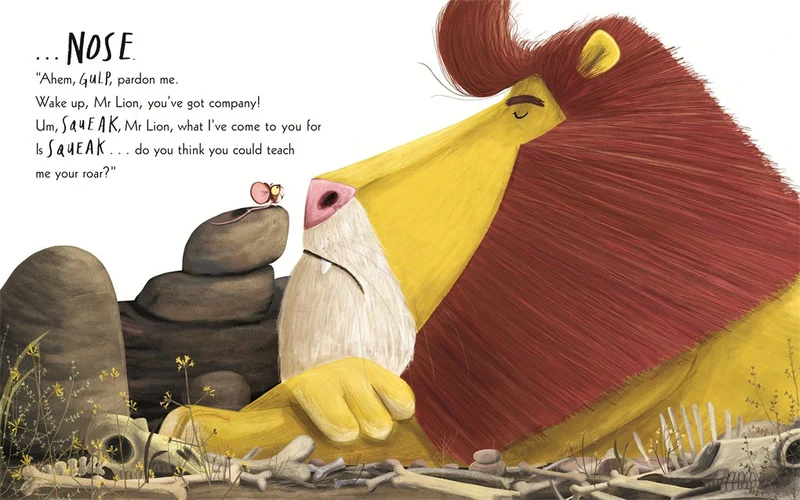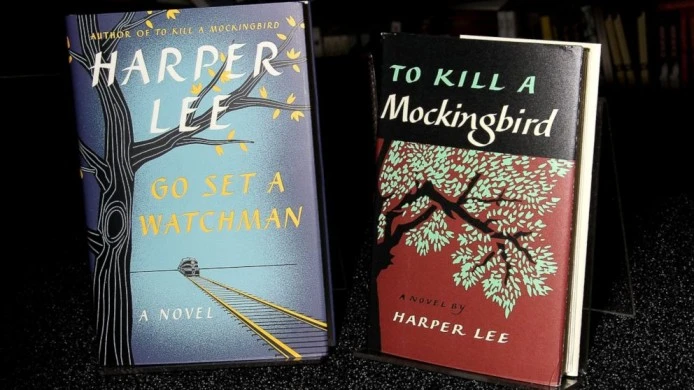Who Says Crime Doesnt Pay? In These Novels, It Does

Dave Robicheaux is having visions again. Sometimes, James Lee Burke’s ghost-haunted Cajun detective sees Confederate soldiers in the mist. Other times, he has apparitions of long-dead slaves pulling the oars on a phantom galleon making its way up Bayou Teche.
In A PRIVATE CATHEDRAL (Simon & Schuster, 384 pp., $28), to be published in August, Robicheaux confronts an unattractive spirit named Gideon Richetti (“his skin was green” and “his neck looked like it was dripping scales into his shirt”). Richetti, for reasons known only to the living dead, is messing in the affairs of the living. Burke describes him as some kind of time traveler, suggesting that demagogues transcend their historical eras, discharging waves of toxicity that survive in a continuum of space and time to infect the generations that come after them. Somewhere, even as we speak, a baby Benito Mussolini is being born.
“This is a haunted place, isn’t it?” observes Robicheaux’s latest lover. “You see things here, things that aren’t real, don’t you?” His old friends take a decidedly less romantic view of the otherworldly inhabitants of Bayou Teche. (“Don’t get back in your spaceship, Robo,” one of them advises.)
The Louisiana detective is on a mission to shake up the two leading crime families that uneasily share the local territory. One of these mob bosses — either Mark Shondell or Adonis Balangie, but which one? — ordered the hit on two journeyman hoods whose bodies were found in the same barrel floating in Vermilion Bay.
Like families everywhere, these powerful clans are troubled by domestic headaches that are getting in the way of business. For one thing, two of their children are in love, “Romeo and Juliet” style, and have run away to cut a record at a famous studio in Muscle Shoals. More worrisome to Robicheaux and his sidekick, Clete Purcel, the mobsters have been dabbling in human trafficking.
From these ingredients, Burke has concocted his usual gumbo of thrills and chills, stirred it with gusto and seasoned it with plenty of local superstition and rumor. What makes these books so enduring (this is the 23rd Robicheaux novel) and the storytelling so seductive is that Burke has the voice to do justice to the region’s ancient curses and its modern crimes.
♦
In Heather Young’s THE DISTANT DEAD (Morrow, 352 pp., $27.99), Adam Merkel, the new middle school math teacher in Lovelock, Nev. — “a sandblasted hamlet of ranch houses, prefabs, and mobile homes strung along a mile of Interstate 80 a hundred miles east of Reno and seventy-five west of Winnemucca” — has been killed, his remains found smoldering in a fire pit.
But who would want to murder that nice young man, who considered mathematics “the one true language of humanity” and brought home-baked pies to school on Pi Day? (That’s 3/14, or March 14, for the edification of English majors.)
This book may not be packed with high-octane thrills, but it’s honestly engaging, with its appreciation for the stark beauty of a high desert landscape and its gentle treatment of underage outcasts like Absalom (Sal) Prentiss, whose discovery of chess brings joy into his life.
♦
When funky books need to be written, Joe R. Lansdale writes them. He comes through again with MORE BETTER DEALS (Mulholland, 272 pp., $27), which will be published next month. The plot is pure James M. Cain’s “The Postman Always Rings Twice,” but steeped in hillbilly noir.
Ed Edwards is a crack salesman and repo man who works at Smiling Dave’s used-car lot. He knows he looks like a used-car salesman. But his aspiration is to look like a guy who owns a Cadillac, so he lets his lover talk him into killing her husband.
Like Cain’s illicit lovers, Ed and Nancy (a pretty woman with “alligator” eyes) hatch a plot to murder the husband and collect his insurance money. The plan is promising, but the real fun is in plot details like the High-Tone Drive-In, an outdoor movie theater with an attached pet cemetery that figures in the story and nicely captures Lansdale’s slightly depraved wit.
♦
Jeffery Deaver has more ideas for getting people in and out of tight spots than Carter has liver pills. THE GOODBYE MAN (Putnam, 432 pp., $28) is the second book in a new series starring Colter Shaw, an expert tracker who roams the country in his Winnebago, making a pretty penny collecting reward money for “finding the kidnap victim, the imperiled runaway, the serial killer stalking the salesclerk or college coed.”
Here, Shaw is after a $50,000 prize that’s been offered for information leading to the arrest and conviction of two men who defaced a Baptist church in Gig Harbor, Wash., putting the church janitor in the hospital. A strange lead sends him undercover at the Osiris Foundation, a mountain retreat billed as a New Age-y refuge for the depressed and bereaved that Shaw thinks “smells like a cult.” But once he’s infiltrated the place, will he ever be able to leave?




